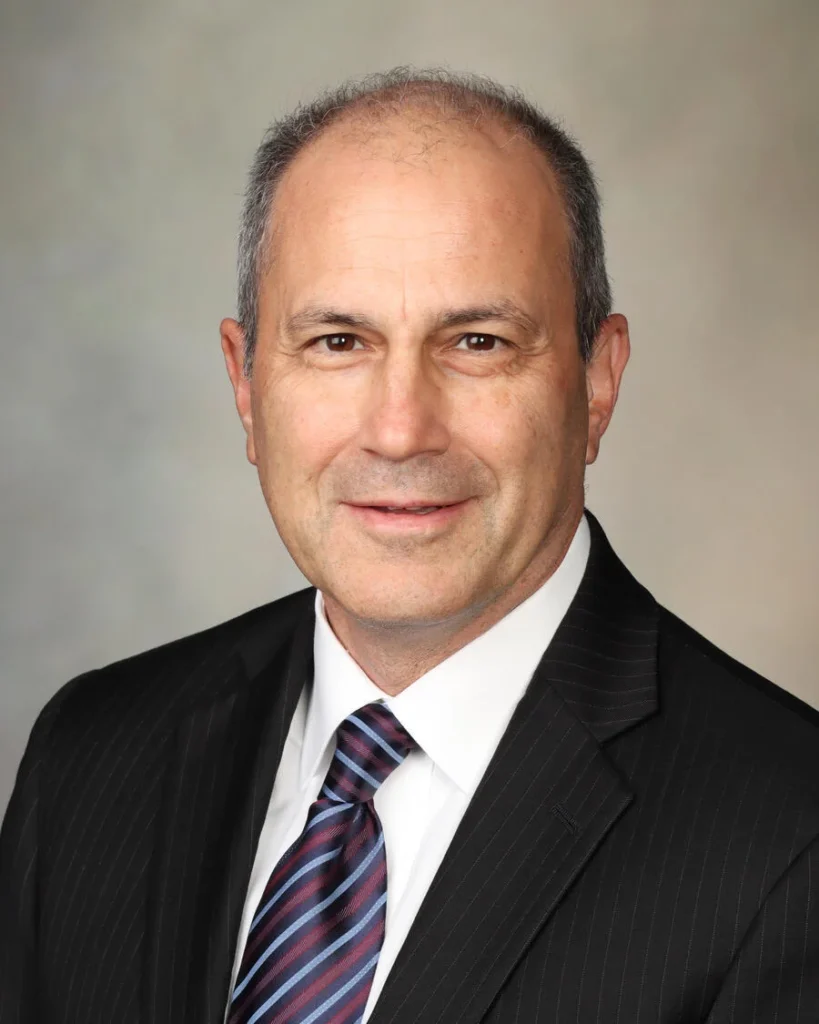In the evolving world of thoracic surgery, few names resonate with innovation, leadership, and patient-centered care as profoundly as Dr. Jonathan D’Cunha. As a surgeon, scientist, and educator at Mayo Clinic Arizona, Dr. D’Cunha is redefining the boundaries of what’s surgically possible, driven by a mission that places humanity and hope at the forefront of cutting-edge medicine. Through pioneering work in lung transplantation, ECMO (extracorporeal membrane oxygenation), ex vivo lung perfusion (EVLP), and robotic thoracic surgery, Dr. D’Cunha is not just treating disease – he’s building a better future for cardiothoracic care, one patient at a time.
You might also like: A fresh take that complements what you just read.
A Lifesaving Mission: Innovation in Lung Transplantation and EVLP
Dr. D’Cunha’s work in EVLP represents a turning point in transplant science. “What drives me is the opportunity to give patients a second chance at life,” he explains. EVLP allows surgical teams to assess and improve donor lungs that would have previously been considered non-viable. The result? More lives saved, fewer deaths on waiting lists, and a powerful new tool in the fight against advanced lung disease.
At Mayo Clinic Arizona, Dr. D’Cunha has found an ideal environment to advance this work. “The multidisciplinary model here isn’t just a philosophy – it’s built into our daily workflow,” he says. The integrated approach enables real-time collaboration across specialties, which is essential when managing complex cases such as lung transplants, ECMO-supported procedures, or advanced thoracic cancers. The infrastructure at Mayo Clinic Arizona allows previously unimaginable solutions to become routine realities.
Leading with Technology: Robotic Thoracic Surgery and the Future of Precision Medicine
With a strong background in minimally invasive and robotic thoracic surgery, Dr. D’Cunha is enthusiastic about the technologies transforming the field. “The precision, flexibility, and reduced recovery times that robotic surgery offers are game-changers,” he notes. From lung cancer resections to complex airway reconstructions, robotic platforms enable surgical accuracy that benefits both outcomes and recovery.
But Dr. D’Cunha doesn’t stop at today’s advances – he’s looking ahead. The integration of artificial intelligence (AI), machine learning, and advanced imaging technologies, such as augmented reality and 3D surgical mapping, is poised to revolutionize the operating room. These technologies promise to sharpen intraoperative decision-making, enhance surgical navigation, and reduce complications.
“Mayo Clinic Arizona is positioned to be a leader in these innovations,” Dr. D’Cunha says. “We’re not just adopting new tools – we’re helping to shape the next generation of thoracic surgery.”
A Leader in Surgical Education and Integrity
Beyond the operating room, Dr. D’Cunha is a passionate educator and mentor. Having mentored hundreds of students, residents, and fellows, he believes that technical excellence must be paired with emotional intelligence and ethical leadership. “Being a great surgeon is about mastering skills, yes – but also about communication, resilience, and empathy,” he emphasizes.
That philosophy led him to help develop a national surgical education model, now adopted by the American College of Surgeons. The program aims to bridge the gap between medical school and residency by focusing on real-world clinical competencies, teamwork, and leadership, preparing students not just to perform surgery but to lead in high-pressure clinical environments.
As a leader, Dr. D’Cunha embodies professional integrity in every role he assumes, including surgeon, scientist, educator, and institutional strategist. “Integrity is about putting patients first, demanding transparency in research, and cultivating honesty in mentorship,” he says. It’s a compass that guides his every decision, ensuring that innovation never comes at the expense of ethics or compassion.
Building Programs, Saving Lives: The DCD Heart Transplant Initiative
One of Dr. Jonathan D’Cunha’s most impactful leadership achievements to date at Mayo Clinic Arizona is the launch of the Donation after Circulatory Death (DCD) heart transplant program. Unlike traditional heart donations, DCD transplants involve additional logistical and technological complexities, including specialized perfusion and precise surgical timing.
“The biggest challenge wasn’t just the science – it was creating a culture and infrastructure that could support this innovation safely,” Dr. D’Cunha explains. He led the formation of a multidisciplinary team that included surgery, anesthesia, perfusion, critical care, procurement, and ethics. Through rigorous protocol development, simulation training, and a relentless focus on outcomes, the program is now helping to expand the donor pool and give more patients access to lifesaving transplants.
Scientific Breakthroughs and Academic Contributions
Throughout his academic career, Dr. D’Cunha has published extensively on topics ranging from thoracic oncology to transplant science. Among his proudest achievements is his work on how EVLP can actively rehabilitate donor lungs – research that’s reshaping the transplant landscape.
“That work changed the conversation from organ preservation to organ improvement,” he notes. It also underscores a broader theme of his career: innovation that solves real problems, backed by data, collaboration, and a commitment to excellence. But just as meaningful to him are the publications co-authored with trainees – proof of his investment in mentoring the next generation of surgical scientists.
Patient-Centered Care: The Heart of the Mission
Technology and technique may grab headlines, but for Dr. Jonathan D’Cunha, it always comes back to the patient. “These aren’t just clinical cases – they’re people navigating fear, uncertainty, and life-altering decisions,” he says. Whether it’s a lung transplant, robotic tumor resection, or ECMO-supported intervention, the most important tool in Dr. Jonathan D’Cunha’s arsenal is empathy.
“I make a conscious effort to sit down with every patient and listen – not just to symptoms, but to concerns, goals, and values,” he shares. That personalized approach means understanding that sometimes the best treatment isn’t the most aggressive, but the one that best aligns with a patient’s hopes and quality of life. “That balance of science and humanity is what drives me every day.”
A Bold Future for Mayo Clinic Arizona
Looking forward, Dr. D’Cunha envisions Mayo Clinic Arizona becoming a global epicenter for cardiothoracic excellence. “We want to be the preeminent choice for patients facing the most complex heart and lung conditions,” he says. This includes expanding clinical programs, investing in transformative research, and fostering the next generation of physician leaders.
He sees the institution not just as a surgical center, but as a mission-driven destination, where innovation, compassion, and collaboration intersect to create lasting change. “Bold. Forward. Preeminent. That is our mission for care delivery in our Department.”
Conclusion
Dr. Jonathan D’Cunha is more than a surgeon – he’s a catalyst for progress, a mentor for the next generation, and a visionary leader reshaping the future of thoracic care. At Mayo Clinic Arizona, his work saves lives, advances science, and embodies a model of surgical excellence that is both profoundly human and fearlessly innovative.
In a world where patients seek not just expertise but trust, Dr. Jonathan D’Cunha is setting the standard. And for those facing the daunting realities of lung failure, cancer, or transplant uncertainty, his leadership offers something rare and powerful: hope backed by results.
There’s so much more to uncover—let your next discovery begin on our site.






